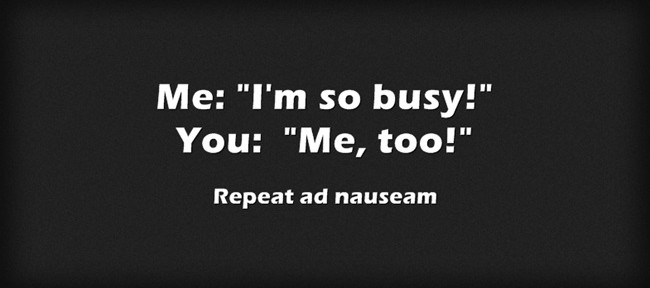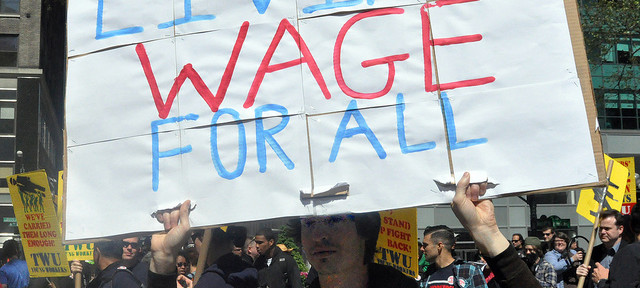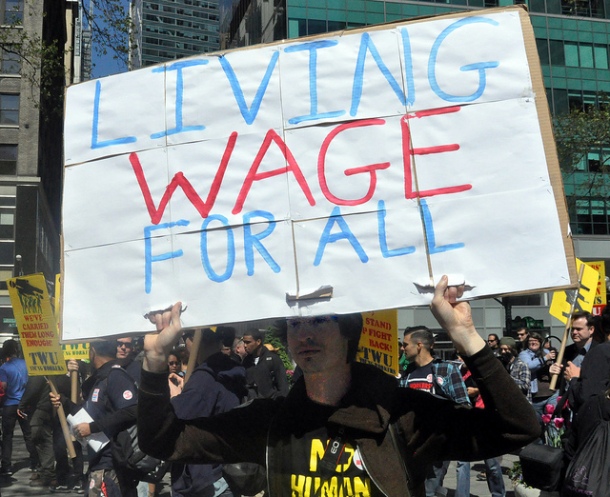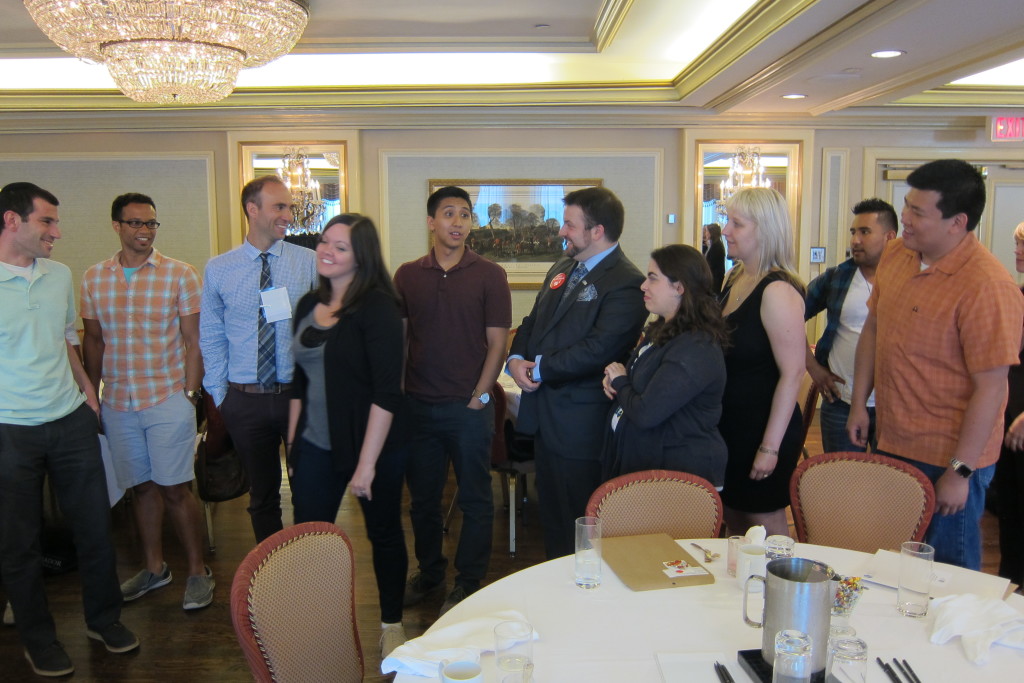Internship is stressful, so let us bask in some good news for a moment.
For the past 18 years, APPIC has produced forward-looking best-case scenarios about the internship match for doctoral students in clinical, counseling, and school psychology using a point-in-time profile of applicants, doctoral internship sites, and open spots on New Year’s Eve.
APPIC predicts that the imbalance between the number of applicants and positions — what APAGS and others call a crisis — will continue to improve, as it has in 2015 and 2014.
Here is what APPIC shared recently* with the psychology education and training community:
- There are currently only 148 more registered applicants than available positions (compared to a difference of 498 last year and 1,148 only four years ago)
- Approximately 200 students withdraw from the Match each year after registering (for a variety of reasons, such as not having received any interview offers, deciding to delay their internship another year, seeking or obtaining a position outside the APPIC Match, etc). This suggests that the number of positions in the 2016 Match could equal, or even slightly exceed, the number of students who submit a Rank Order List. “Please note, however, that this does not mean that all applicants will get placed, nor will all positions get filled.”
- As a result, the 2016 APPIC Match will likely show the closest balance between applicants and positions of any APPIC Match to date.
- The number of accredited positions, while significantly improved this year, is far lower than the number of registered applicants. (APAGS reported on match rates using just data from the APA Commission on Accreditation on match day 2015).
APPIC reminds us that it has provided a snapshot as of December 31, 2015, and that numbers change each day.**
APPIC’s optimism is corroborated by Robert Hatcher’s new article in APPIC’s academic journal. Hatcher predicts that “even if the internship growth rate slowed to less than 1%, match rates would be in the mid-90% range by 2018” (2015). The article does paint some complications that we’ll be paying attention to.
Crave even more good news this week? APA just announced that “psychology graduate students now have access to 55 new APA-accredited internship slots, thanks to the accreditation of 11 internship programs that received funds from APA’s internship stimulus package. The new slots were created after APA’s Commission on Accreditation was able to accredit 17 internship programs in October. Eleven of those programs were internship stimulus grantees and the additional six programs will also provide a number of internship slots, but those numbers are not yet available.”
APAGS is well aware that while we have some optimistic news before us, not all qualified doctoral students who desire an internship will receive one, and not all doctoral programs and types are matching their students to accredited programs at comparable rates. APAGS has committed substantial resources to address these concerns, and we’ll continue to see that other groups do the same, until the crisis is effectively ended.
If you want to help address the internship crisis as an advocate, go to http://on.apa.org/internshipcrisis to learn how.
Notes:
*All APPIC information presented here, and much of the verbiage, was provided by APPIC in listserv announcements in January 2016.
**For numbers wonks: As of December 31, 2015, the total numbers of applicants and internship sites registered to participate in the 2016 APPIC Match were: 3,940 registered applicants, 3,792 positions offered by 786 registered internship sites (744 of these registered sites are APPIC members). Compared to last year at this time, these numbers reflect a decrease of 223 applicants, an increase of 127 positions, and an increase of 14 internship sites. Furthermore, the number of APA- and CPA-accredited positions has increased by 231. Compared to four years ago at this time, which was the year of the worst imbalance between applicants and positions: The number of registered applicants has decreased by 418 (4,358 to 3,940); The number of registered positions has increased by 582 (3,210 to 3,792); The difference between the numbers of registered positions and applicants has decreased by 1,000 (1,148 to 148); The number of registered APA- or CPA-accredited positions has increased by 590 (2,366 to 2,956); The number of registered internship sites has increased by 74 (712 to 786); The number of registered APPIC-member internship sites has increased by 77 (667 to 744).


 Directorate • January 13, 2016
Directorate • January 13, 2016





